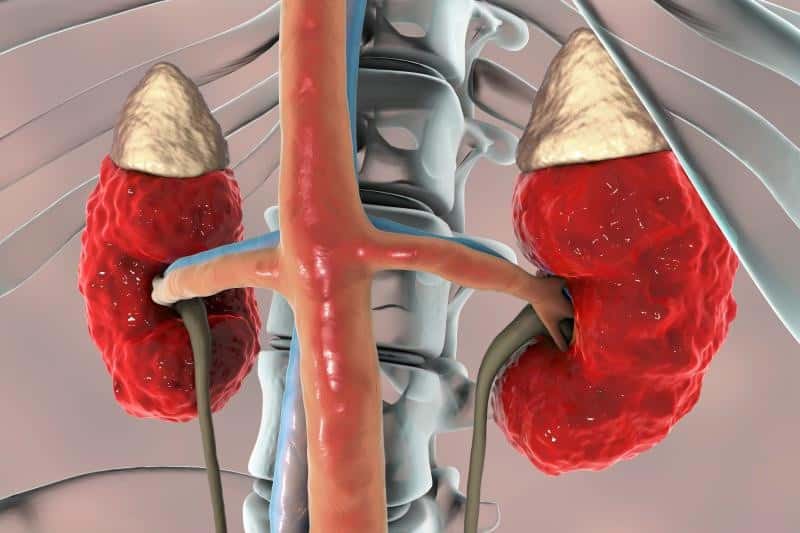Proximal Renal Tubular Acidosis

Proximal renal tubular acidosis (PRTA) is a disorder that affects the kidneys’ ability to remove acids from the body. In people with PRTA, the kidney’s ability to remove acids is impaired. This can lead to a buildup of acids in the blood, which can cause various symptoms and health problems.
There are two main types of PRTA, namely, inherited and acquired. Inherited PRTA is caused by a genetic mutation passed down from one’s parents. Various factors, including certain medications, infections, or exposure to toxins, can cause acquired PRTA.
The symptoms of PRTA vary depending on how much acid has built up in the blood. Mild cases may not cause any symptoms at all. In more severe cases, PRTA can cause problems such as bone loss, kidney stones, and growth retardation in children.
PRTA is typically diagnosed using a combination of medical history, physical examination, urine tests, and blood tests. In some cases, additional tests such as X-rays or CT scans may also be performed. The treatment for PRTA depends on the severity of the disorder. In mild cases, no treatment may be necessary. However, in more severe cases, treatment may involve changes in diet, specific medications, or dialysis.










